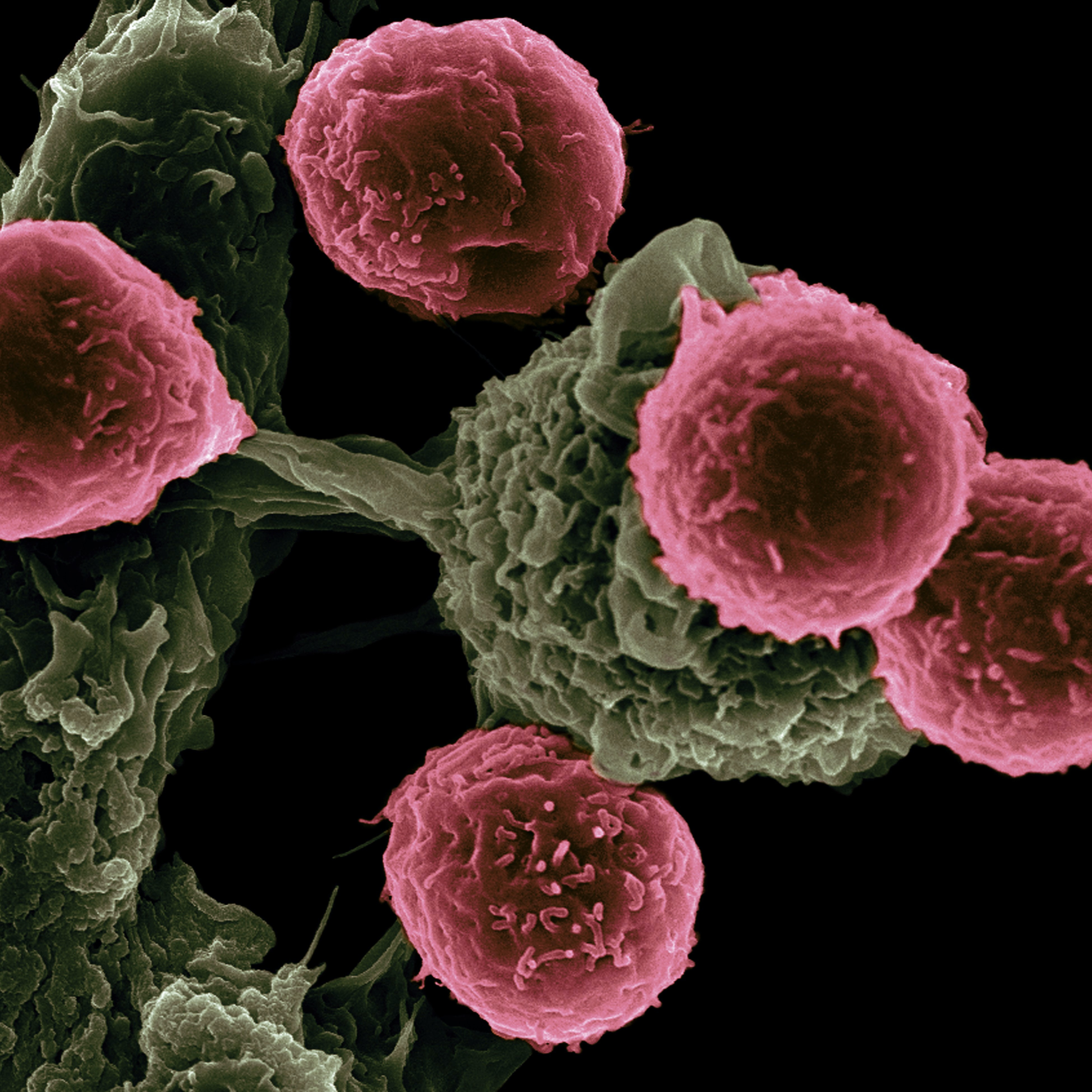Aggregated News

Photo by National Cancer Institute on Unsplash
In a new step for Crispr, scientists have used the gene-editing tool to make personalized modifications to cancer patients’ immune cells to supercharge them against their tumors. In a small study published today in the journal Nature, a US team showed that the approach was feasible and safe, but was successful only in a handful of patients.
Cancer arises when cells acquire genetic mutations and divide uncontrollably. Every cancer is driven by a unique set of mutations, and each person has immune cells with receptors that can recognize these mutations and differentiate cancer cells from normal ones. But patients don’t often have enough immune cells with these receptors in order to mount an effective response against their cancer. In this Phase 1 trial, researchers identified each patient’s receptors, inserted them into immune cells lacking them, and grew more of these modified cells. Then, the bolstered immune cells were unleashed into each patient’s bloodstream to attack their tumor.
“What we’re trying to do is really harness every patient’s tumor-specific mutations,” says Stefanie Mandl...



